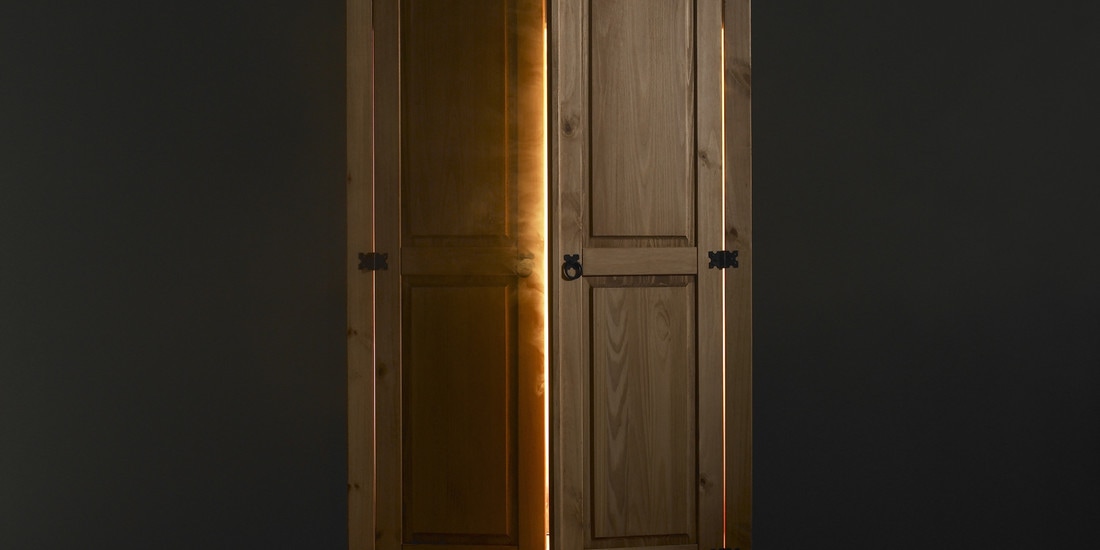
Coming out is different for each person. From a teenager who is discovering their sexuality for the first time, to a retired person who, after long years of struggle, decides to become their next self; the experience is completely different. The young person needs to navigate the potential minefield of peer groups and bullies, as well as parents and siblings. The retiree may have a spouse and children and many long-standing friendships.
"Coming out" can therefore be complicated.
It's often portrayed in the media as something that's easy, and makes you feel immediately good about yourself - a giant glitter-filled extravaganza as you step into the spotlight from your closet as a new person, ready to take on the world, and making your announcement to everybody. Life is not, unfortunately, always so simple.
"Inviting in" is an alternate strategy, one that is less dramatic.
As you have come to identify that part of you that is Lesbian, Gay, Bisexual, Trans, or Intersex (LGBTI) through your own internal process, so too can you invite people into that part of you. Identify those around you that are most likely to be supportive, and make a time to tell them. You may begin with a close friend, or a sibling, a colleague or a therapist. It really isn't important to tell everyone all at once or even who you tell. People generally report that at least beginning the process is often healing, positive, and affirming - like a giant weight has been removed from their shoulders.

Some things to keep in mind when starting to invite people in:
- Start with those you trust. They are most likely to respect what you are telling them, and to respect your privacy.
- They may already know. It's my experience that clients who start this process are often surprised when told "Yes we know. We've just been waiting for you to tell us."
- Choose your moment. Ideally a quiet time, away from others, where you can really talk if needed. Avoid parties, family gatherings etc. It's often wise to actually set up a time and place to offer your invitation.
- Remember that you are not responsible for other's responses. Just as you yourself went through a process to get to this point, so too may others have to work through similar issues. Be patient, and be forgiving. Even those who's initial reaction is negative will generally come around. Allow others room for their own process.
- You may be asked many questions. While you can prepare for some, there will always be questions that seem to come from nowhere. You don't have to know all the answers. "I don't know yet" or "I don't know - perhaps you can help me with that" are valid responses. If a question seems like a judgement, know that's not something you have to answer.
- If the response is negative, do you have resources to help you? Pre-prepare by utilising telephone services, friends who already know, or a therapist to help you. You are not alone. The LGBTI community has access to many health and well-being services.
- If the response is overwhelmingly positive, be prepared to make sure the person isn't carried away. While they may think it's a good idea, you may not want to go in the Gay and Lesbian Mardi Gras parade (just yet!) Be clear on your current boundaries and don't feel bad if you're asking a friend to accept limitations.
- Know that your coming out process is one that will evolve and change, your feelings will ebb and flow, you will have positive and negative experiences. That is all standard, and reflects on the state of society, not on your individual worth. This is done at your pace, on your terms, as you start the process to being the you that you prefer to be.


 RSS Feed
RSS Feed